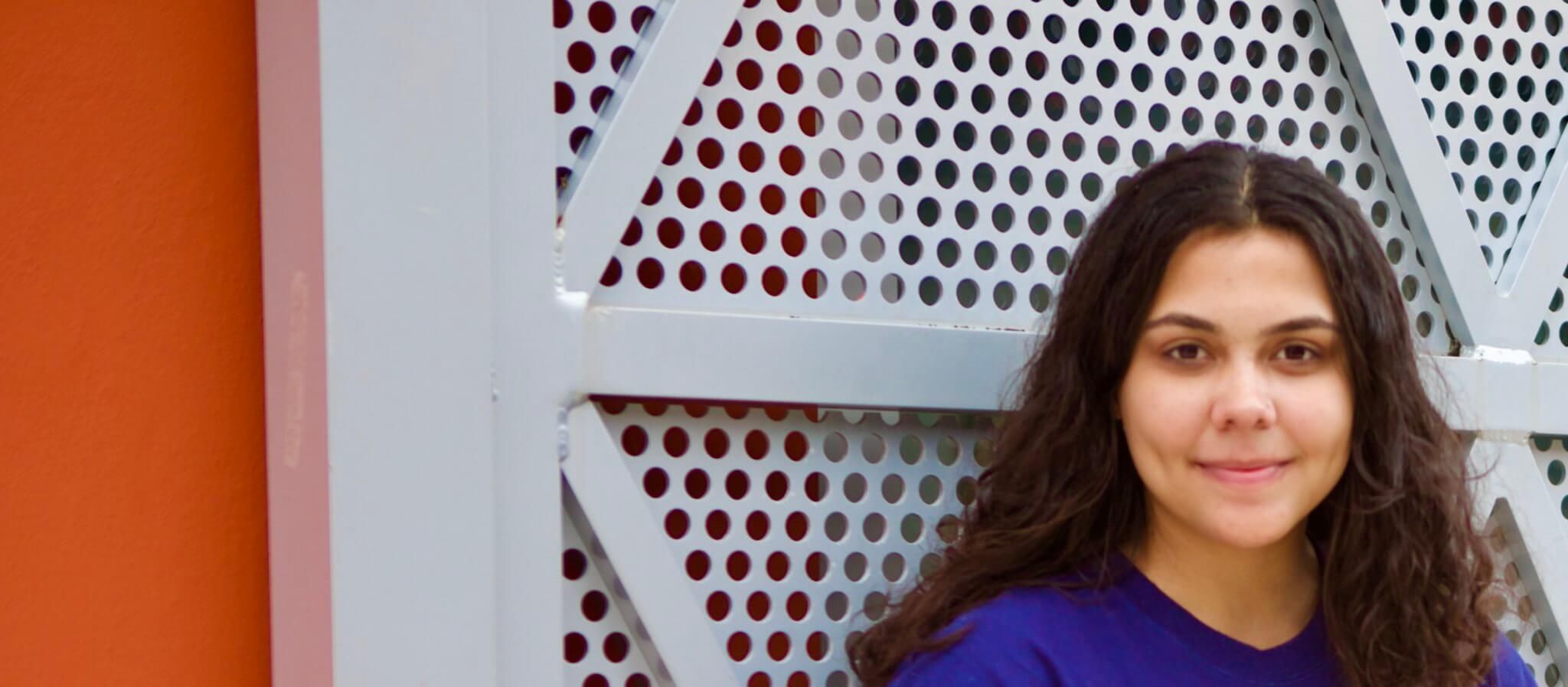Afro-Latinx Líderes Avanzando Fellow Julianna Collado Grew Up Missing Out on Diverse Teachers and Curricula. Her Grad Studies Can Change That for Future Students of Color.
Last year UnidosUS launched the Afro-Latinx Líderes Avanzando Fellowship. The program is geared to first-generation students pursuing their undergraduate, graduate, or doctoral degrees and recent college graduates who identify as Afro-Latinx and are passionate about racial equity and making meaningful change in their campus community, workplace, and beyond. ProgressReport.co will be publishing profiles of the participants throughout the spring and summer.
Afro-Latinx Líderes Avanzando Fellow Julianna Collado never doubted that she was one of just a handful of people of color residing in the village of Maineville, Ohio. But when she looked up the Census data while applying for scholarships, Collado found statistical evidence of that fact.
“I was thinking through what was that like growing up for me? So surrounded by whiteness,” she says.
The data certainly intensified that question. Collado found that there were six Black residents in Maineville, and she knew exactly who they were: her dad, her four older brothers, and herself.
“I knew I was received by the world as ‘other,’” says Collado, whose father is Black of Cuban heritage and whose mother is of white, Anglo ancestry. “I knew that I was Black. I knew that I was Cuban. That was very present in my household, but I didn’t see that represented in my community at all.”
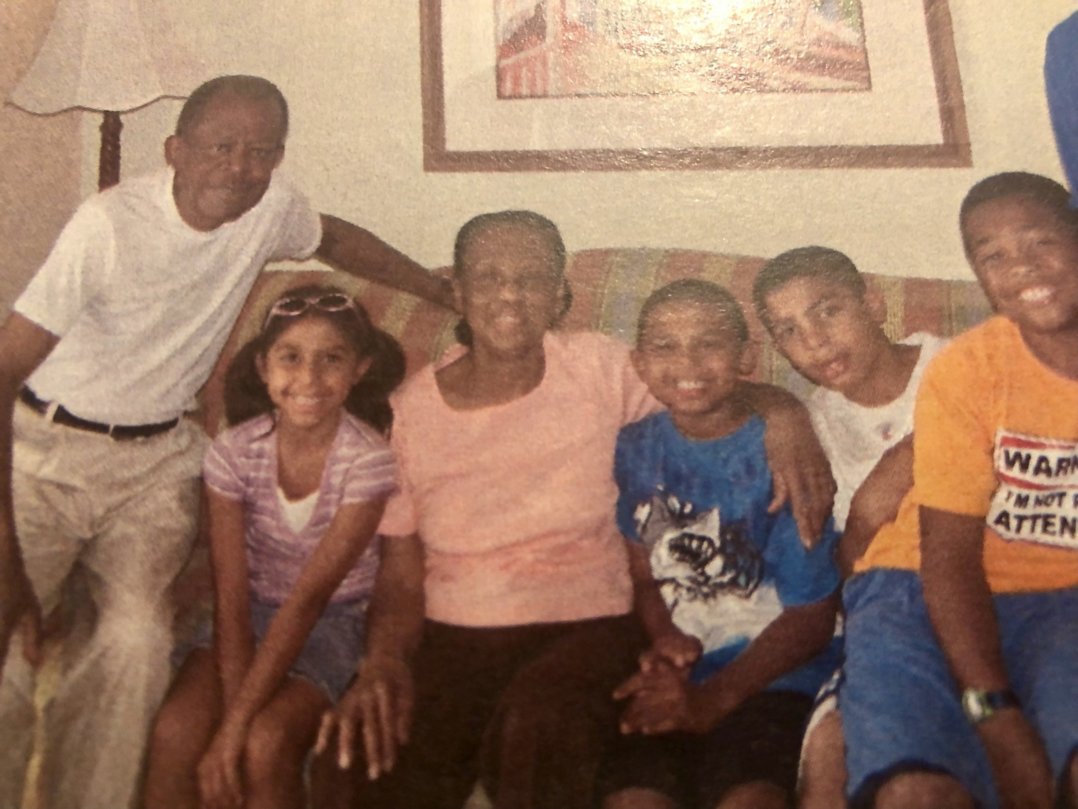
Collado’s experiences growing up as “other” in a predominantly white community inspired her to major in public policy with a minor in Latinx studies at the University of Michigan. It was there, in another majority-white, midwestern state, that she was able to put a name to her compound identity: Afro-Latinx.
Collado first heard the term at a meeting of her campus’s Latinx student organization La Casa, which runs ALMA (Aim, Learn, Master, Achieve), a national program that helps underserved youth navigate the college experience and strategize for their careers.
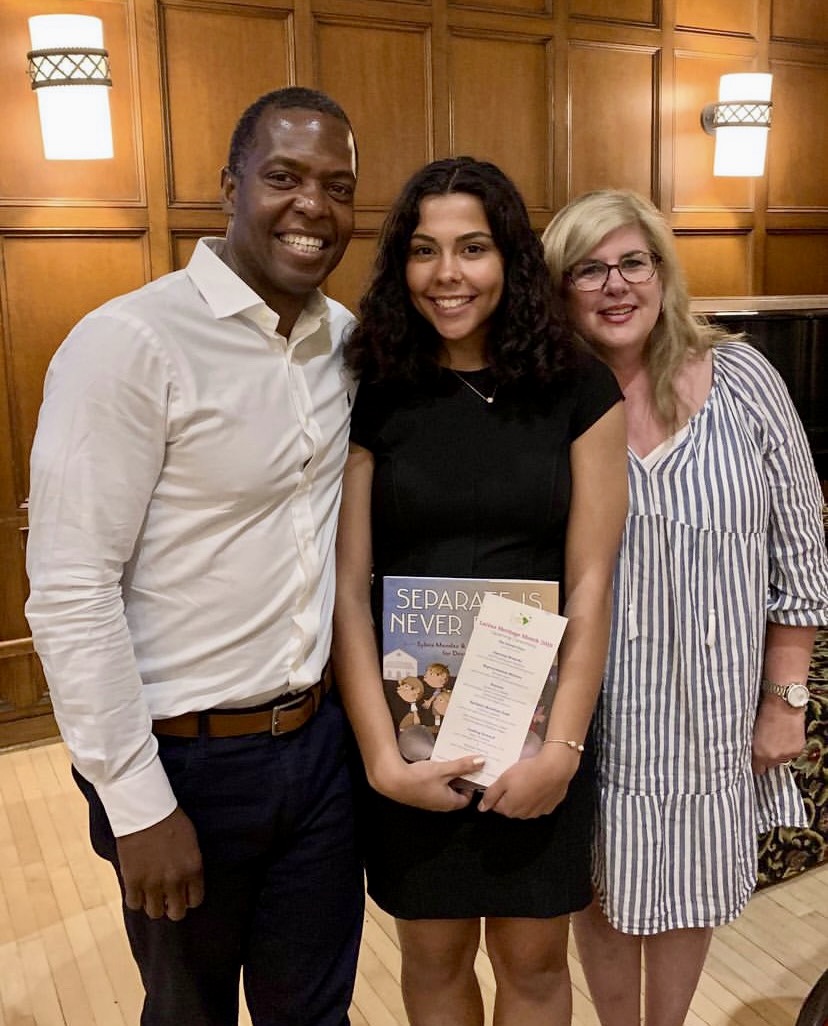
“I remember hearing someone introduce themselves and say that is how they identified,” Collado says. “It was just a lightbulb kind of moment for me–like that was the explanation I had always been looking for.”
Collado went on to serve as La Casa’s executive director, receiving mentorship from Richard Nunn, a first-generation Latino who runs the University of Michigan’s Rackham Graduate School and manages outreach initiatives to support students as they apply for graduate school.
“We would have a lot of conversations about my identity, my values, and my goals,” Collado says, noting that he was always sending her announcements for opportunities that she might be interested in or would benefit from. Those opportunities included conferences, internships, on-campus speaking engagements, and the UnidosUS Afro-Latinx Líderes Avanzando Fellowship, which focused on education and health equity.
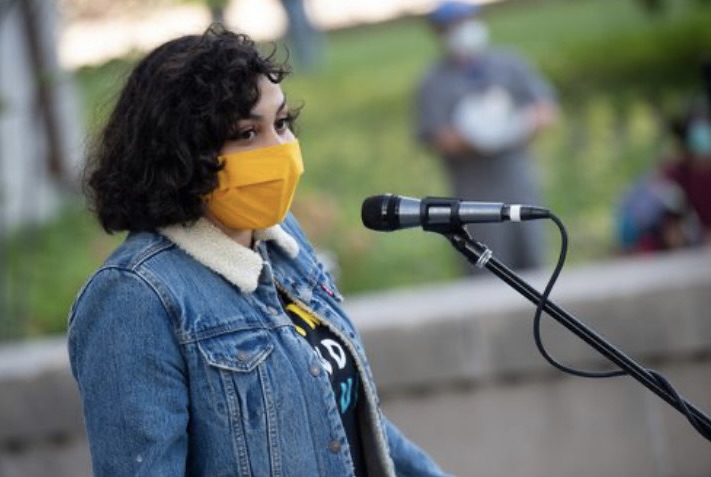
“I always knew some way or another I would be involved in the K-12 space,“ says Collado.
Collado says the best present she ever received as a child was a chalkboard, which she used to play teacher. By high school, she was tutoring English language learners (ELLs) at a nearby elementary school and running an after-school sports program.
“When I reflected on why I wanted to be a teacher, I realized that I wanted to be a part of transforming PK-12 schools to be more equitable, to be more supportive of students of color,” she says.
The UnidosUS Afro-Latinx Líderes Avanzando Fellowship turned out to be a perfect match, as it allowed Collado to directly connect those demographic concerns from her childhood with current policy solutions under consideration in Congress.
Throughout the program, the Afro-Latinx Líderes were divided into small groups to work on key policy and advocacy areas. Collado teamed up with her colleague Zimar Batista to look at how the Strong Act of 2021 could help recruit and retain more diverse K-12 teachers by expanding financial support for teacher preparation and certification programs. These programs would increase funding for teacher residencies, for loan forgiveness and repayment, for service scholarships, and for relocation incentives for teacher candidates.
“In my entire K-12 experience, I had one Black and one Latinx teacher. I had a lot of microaggressions in the classroom—both intentionally and unintentionally—that made me feel othered and that were a detriment to my educational experience,” Collado said at a training session with the other Afro-Latinx Líderes Avanzando fellows last February in Miami.
In a presentation she and Batista gave at that training session, Collado pointed out that 50% of U.S. students are people of color, while 80% of U.S. K-12 teachers are white, leaving 40% of U.S. students without a teacher of color.
“To catch up to the current demographics, we would need a million more teachers of color,” she added.
Batista, who now works for a foundation that funds diverse nonprofits, said that he began his career as a teacher and would have maintained that career path if he had been given the kind of training and logistical support outlined in the Strong Act.
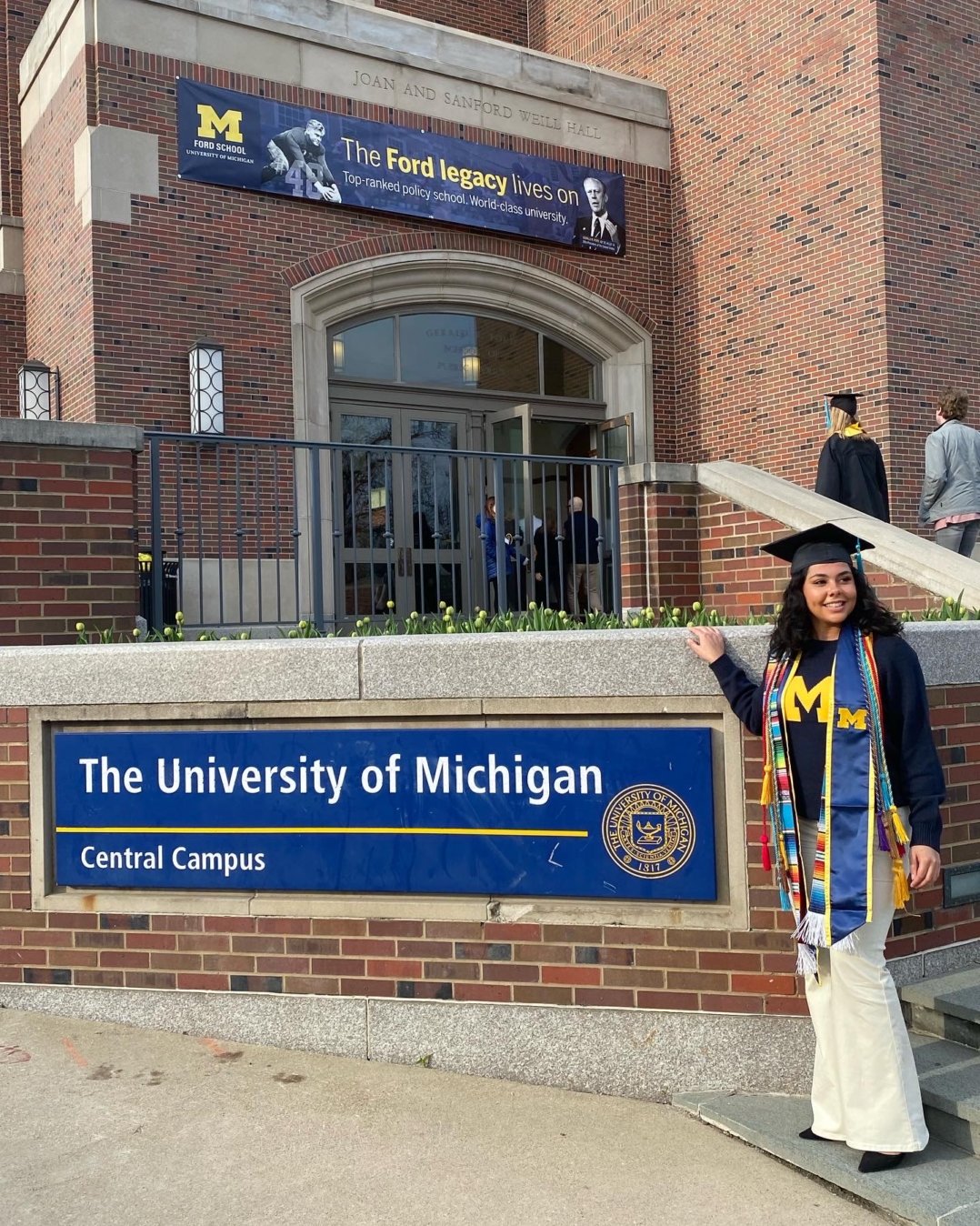
Collado and Batista gave their presentation to U.S. representatives this spring. This fall Collado will begin pursuing a master’s in educational policy at the University of Texas at Austin, where she will bring what she learned from the Afro-Latinx Líderes Avanzando Fellowship to bear on her studies. She hopes in particular to build more diverse curricula.
“I didn’t feel reflected in my curriculum. I didn’t feel empowered by my curriculum,” says Collado, who laments that the instruction she received during Black History Month as a PK-12 student always focused on the same historical figures, none of whom were Afro-Latinx.
“That made me feel like my communities didn’t do anything important or valuable, which really juxtaposed the education I was receiving at home. My parents raised me to be proud of who I am. I always heard stories about my grandparents and the way my dad and uncles grew up,” she says, noting that they often played albums by legendary Afro-Cuban singer Celia Cruz while her grandmother cooked up traditional Cuban dishes, which have a strong African influence.
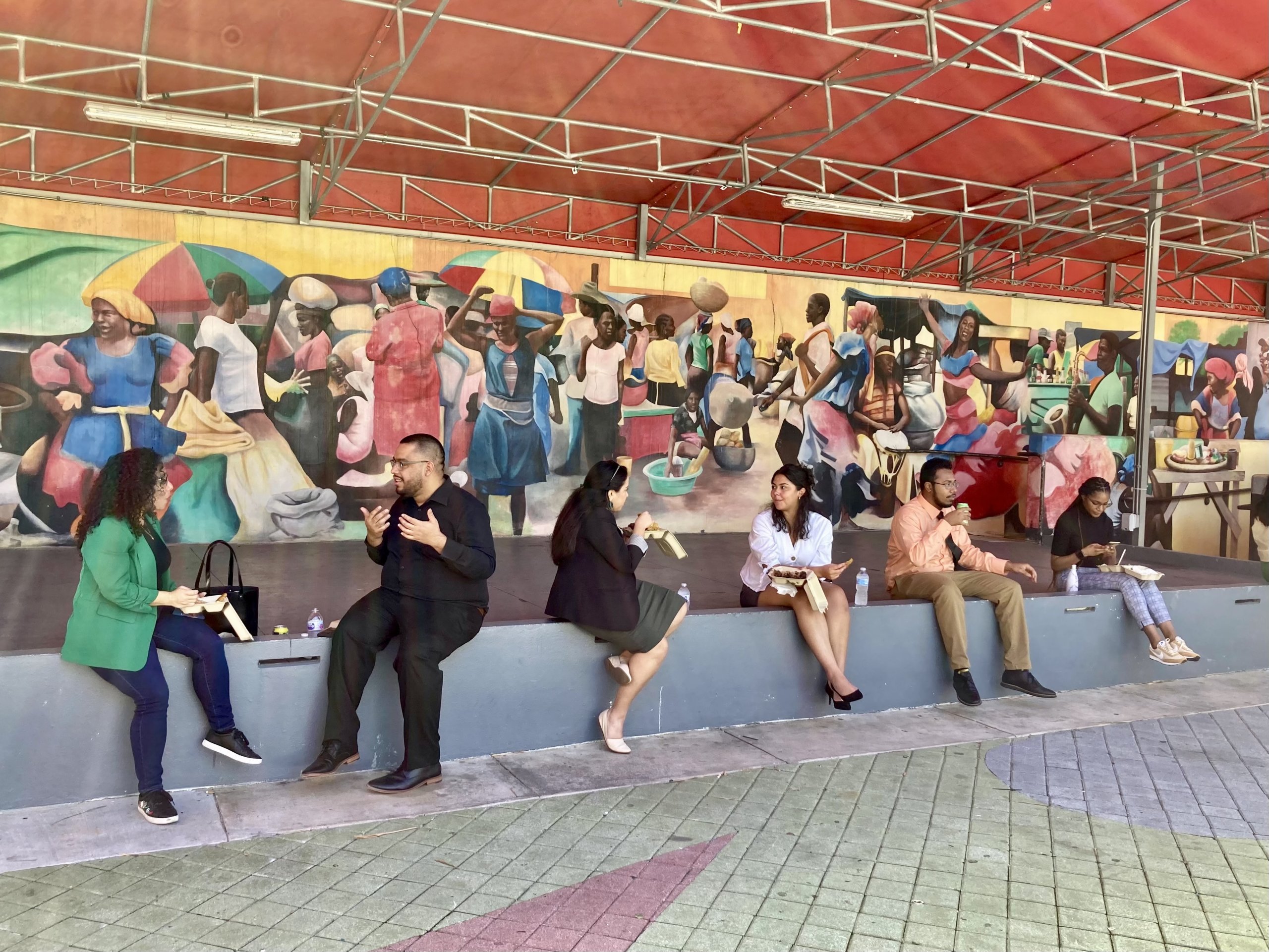
As she and the other Afro-Latinx Líderes Avanzando fellows point out, it’s not just the absence of diverse curricula that made their educational experience challenging. Historical social and political biases have a major impact on how teachers perceive diverse students. For example, the fellows noted that students of color are often perceived to be disruptive if they talk loudly or have a lot of energy, while ELLs often go ignored or are dismissed as slow learners.
Attracting and keeping more diverse teachers while training all teachers about diversity, equity, and inclusion can improve student mentorship, which can reduce absenteeism, increase graduation rates and test scores, improve self-esteem in students, and prevent students from falling into the school-to-prison pipeline.
“Students spend eight hours a day at school, and more if they do extracurriculars, so even if a student has a super positive sense of themselves at home, they spend a lot of time in an environment that is more often than not reinforcing the negative aspects of their community,” Collado says.
While it didn’t change what happened in her own PK-12 education, Collado says the Afro-Latinx Líderes Avanzando Fellowship helped to bolster her confidence in bringing about the changes she wants to see now.
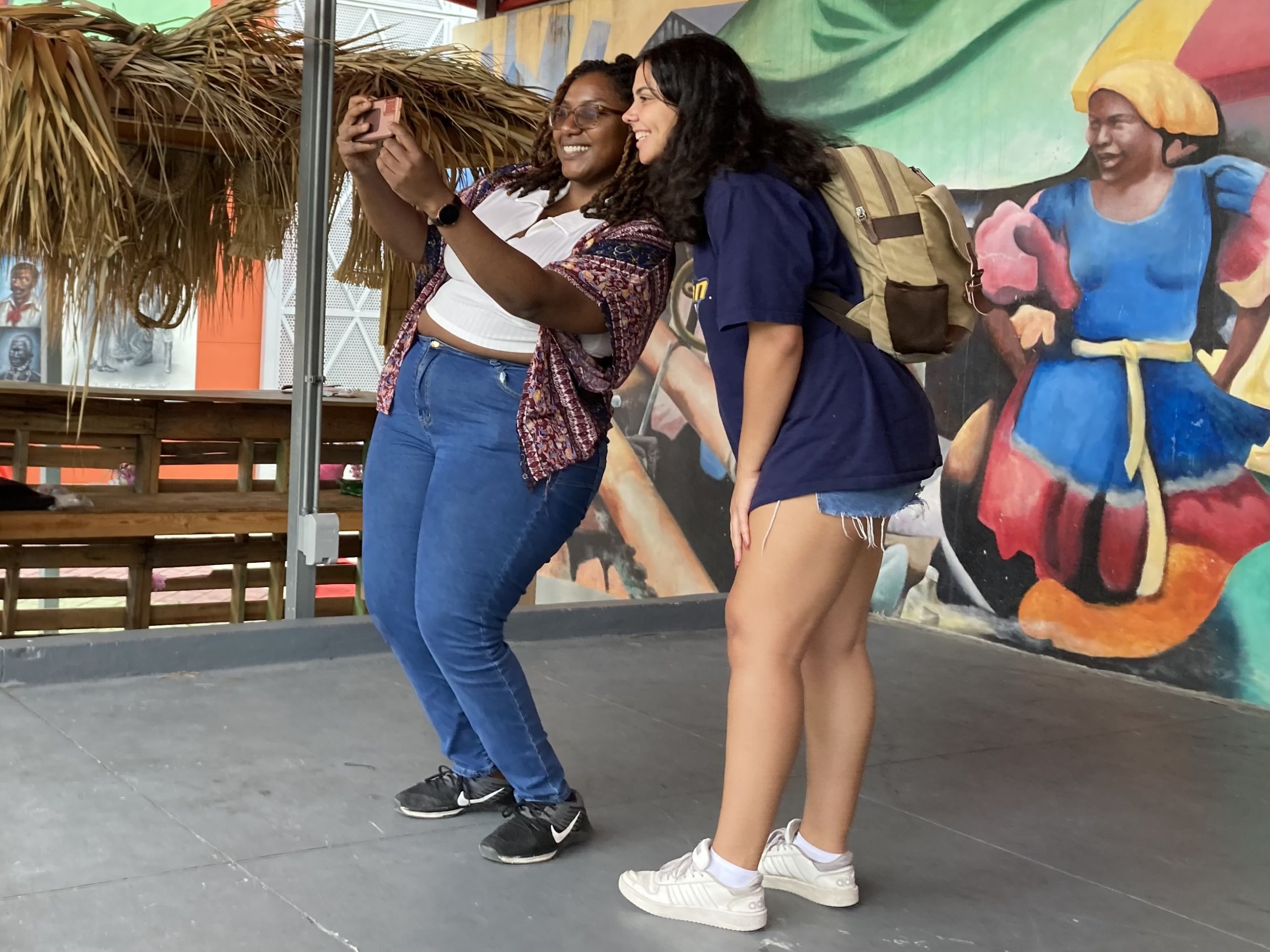
“Being able to come together and have those conversations, dissect our experiences, our feelings, our priorities, makes it so that when we leave this place, we’re able to talk about that from a place of authority, from our lived experience, but also from being in community,” she says.


